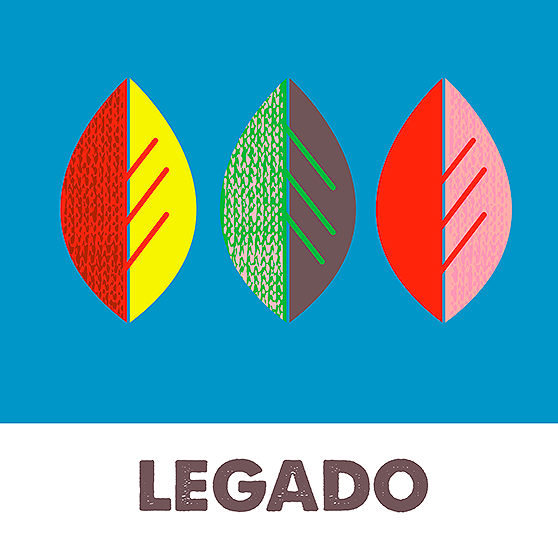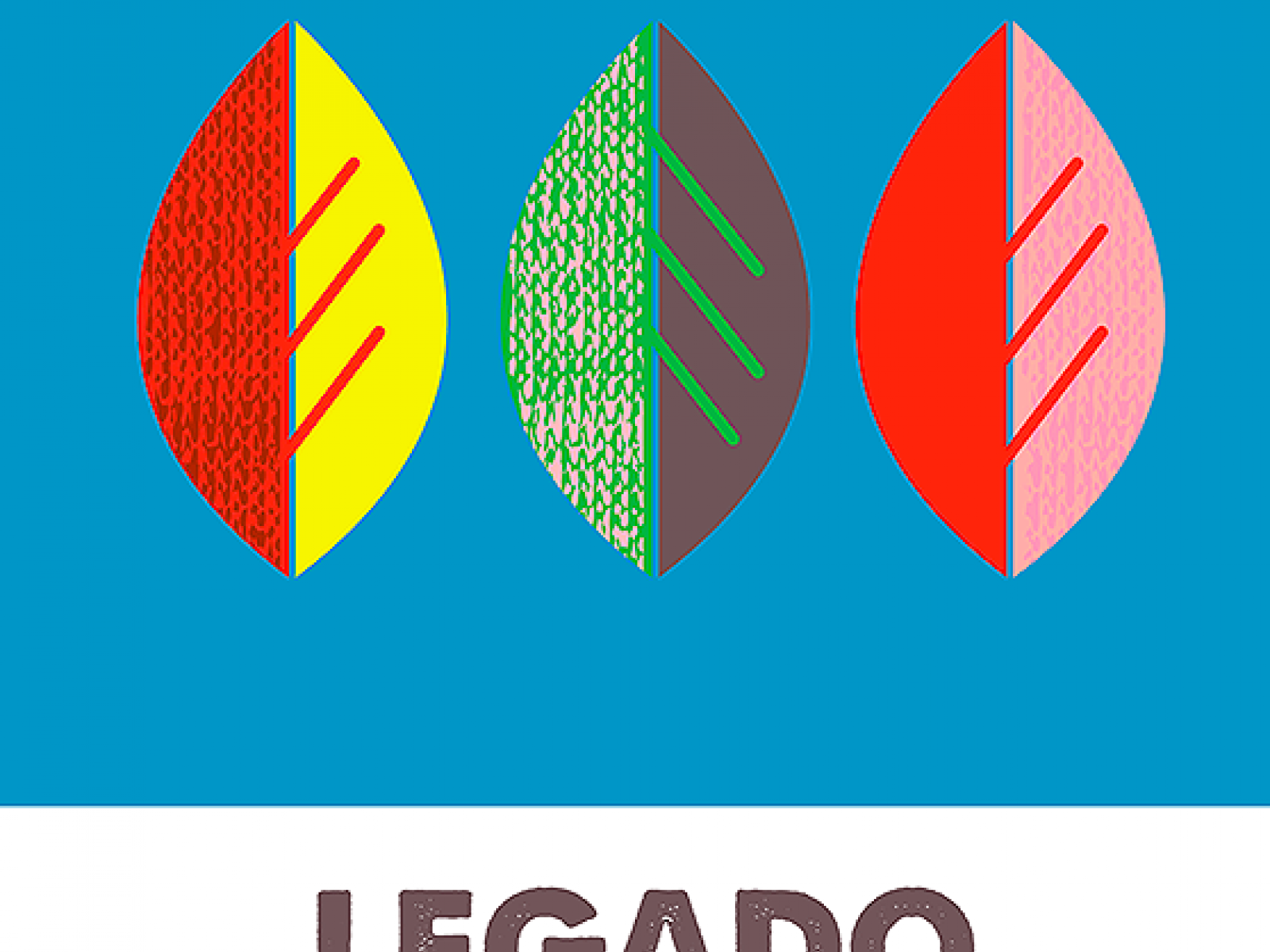An Overview Of Our Solution
- Population Impacted:
- Continent: Africa
Organization type
Population impacted
Size of agricultural area
Production quantity
People employed
Describe your solution
Describe your implementation
External connections
What is the environmental or ecological challenge you are targeting with your solution?
Describe the context in which you are operating
Mount Namul is the ancestral origin of over two million Lomwe and Macua people living in Mozambique and Malawi. Currently, four communities (approx. 8,000) have primary direct access to the natural resources of the Namuli massif. All of the Namuli communities (approx. 12,000) are governed by a Queen of Namuli, who is considered as the cultural leader in addition to a government appointed Chief of the Locality.
The Namuli communities are only accessible by motorbike via single track trails and range from 15 to 35 km from Gurue, the nearest town with medical facilities. The overwhelming majority of the population are subsistence farmers with minor income generation from sales of agricultural produce. Lack of access to markets, decreasing soil fertility and changes in rainfall patterns have caused major food security worries within the communities. Primary school education is available in most communities, but facilities are degraded, understaffed and attendance is approximately 50%. Communities do not have access to the national energy grid, drinking water is sourced from rivers and occasionally from boreholes that are in central locations.
How did you impact natural resource use and greenhouse gas emissions?
Language(s)
Social/Community
Water
Food Security/Nutrition
Economic/Sustainable Development
Climate
Sustainability
In the first phase, the Thriving Agriculture Program is dependent on grant funding to pay for initial outreach, trainings, community organizing activities and pilot programs., However, the long team objective of the Thriving Agriculture Program is to enable communities to have a sustainable internal source of income to offset the opportunity cost of conservation (ceasing slash and burn agriculture in the high altitude rainforest). Our program is designed so that our agricultural based solution to achieving biodiversity conservation will be entirely self-sustaining, requiring no external sources of funding and entirely funded by market-based revenue.
Return on investment
Entrant Image

Entrant Banner Image

